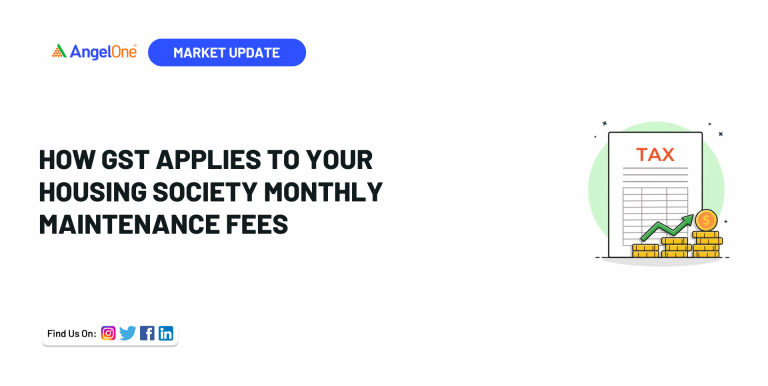
In response to rising concerns among apartment residents, the Central Board of Indirect Taxes and Customs (CBIC) has clarified the applicability of Goods and Services Tax (GST) on housing society maintenance charges. The clarification aims to eliminate confusion regarding whether GST applies solely to the portion exceeding ₹7,500 or the entire contribution when certain thresholds are met.
As per the prevailing GST framework, Resident Welfare Associations (RWAs) are obligated to collect and remit GST on monthly maintenance charges when both of the following conditions are satisfied:
If both conditions are met, the entire maintenance charge—not just the amount exceeding ₹7,500—is subject to GST at the applicable rate. This clarification from the CBIC aligns with earlier notifications and intends to bring consistency and transparency in GST compliance for RWAs and apartment owners.
Read More: Government Confirms No GST on UPI Payments Over ₹2,000
This is not the first time the government has addressed this issue. A similar clarification was previously issued through a Ministry of Finance circular dated 22 July 2019. It had affirmed that RWAs would not be required to charge GST if individual contributions remained below ₹7,500, regardless of the association’s total turnover.
The ₹7,500 exemption threshold has been in place since January 2018, when it was revised from ₹5,000, providing a wider relief to apartment owners in terms of GST liability.
Given that this clarification is a reiteration of an existing regulation rather than a new imposition, it is not expected to increase monthly outgoings for residents. Most RWAs and gated communities that fall within the purview of these provisions are already complying with the stated GST norms.
Thus, the CBIC’s move is more about reinforcing awareness than introducing any new burden.
In a parallel and significant development, the Kerala High Court in April 2025 delivered a judgement declaring a 2021 amendment to the Central GST Act as unconstitutional. The struck-down amendment had allowed for the imposition of GST on services rendered by clubs or associations to their own members.
The case was brought forward by the Indian Medical Association (IMA), which operates internal welfare schemes for its members. The IMA argued that such member-funded activities do not constitute a commercial ‘supply’ and should not be taxed under the GST regime.
The court upheld this interpretation, stating that the principle of mutuality, where contributors and beneficiaries are the same, should not be disregarded, thereby setting a precedent for similar associations across the country.
The recent CBIC clarification brings clarity, not change, to the GST treatment of housing society maintenance charges. Meanwhile, the Kerala High Court’s ruling on GST levied on internal services among members may potentially influence future policy direction for member-based associations. Apartment owners and RWAs should remain informed about these legal and regulatory developments to ensure compliance and clarity in tax-related matters.
Disclaimer: This blog has been written exclusively for educational purposes. The securities mentioned are only examples and not recommendations. This does not constitute a personal recommendation/investment advice. It does not aim to influence any individual or entity to make investment decisions. Recipients should conduct their own research and assessments to form an independent opinion about investment decisions.
Investments in the securities market are subject to market risks, read all the related documents carefully before investing.
Published on: Apr 21, 2025, 3:10 PM IST

Team Angel One
We're Live on WhatsApp! Join our channel for market insights & updates
